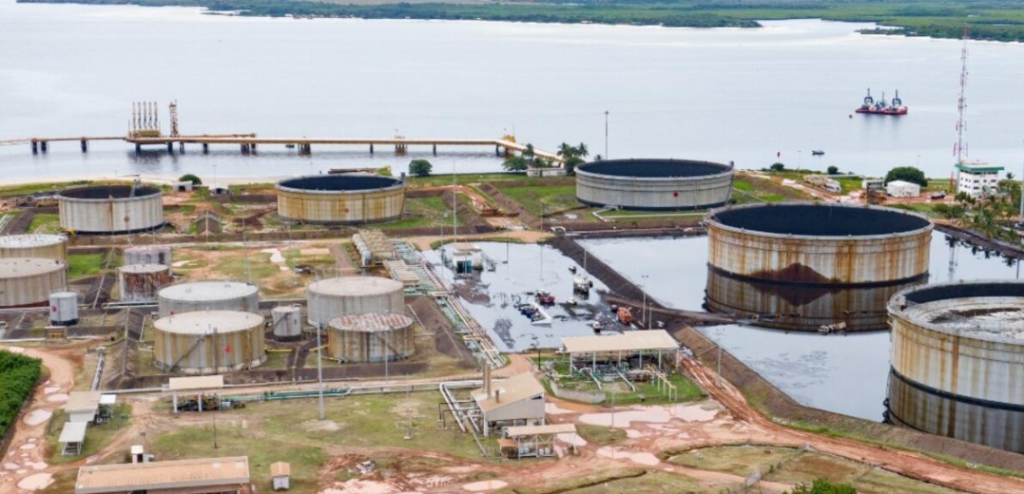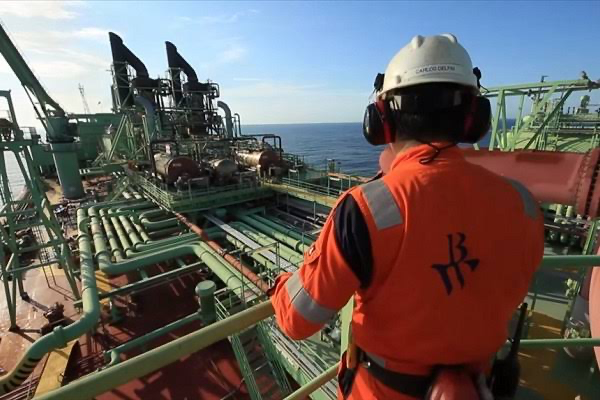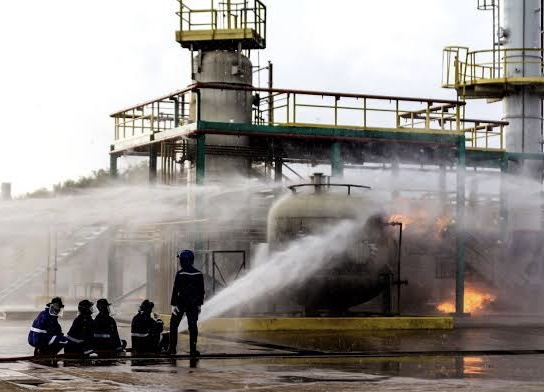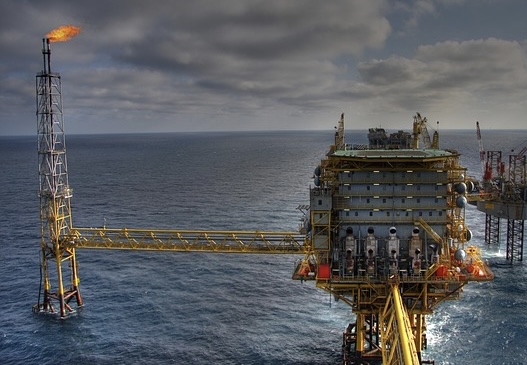KEY POINTS
- Gabon’s economy is diversifying, with a focus on agriculture, mining, and tourism to reduce oil dependency and ensure sustainable development.
- Investments in infrastructure, like the Nkok SEZ, boost economic growth, attract foreign investments, and create jobs in emerging industries.
- Challenges such as governance, financing, and skills gaps persist, but reforms aim to sustain diversification and build a resilient, inclusive economy.
Gabon’s economy has long been shaped by its abundant oil reserves, which have served as the backbone of its financial stability for decades (OPEC, 2016).
With oil contributing significantly to the country’s GDP, revenues, and foreign exchange earnings, Gabon earned its status as one of sub-Saharan Africa’s most resource-dependent nations (World Bank, 2022).

However, the volatility of oil prices, coupled with environmental and economic challenges, has underscored the need for change.
Recognizing these vulnerabilities, the Gabonese government has embarked on an ambitious journey to diversify its economy, aiming to reduce its reliance on oil and build a more sustainable and resilient future (AfDB).
Let’s explore Gabon’s historical dependence on oil, the government’s strategic efforts to foster economic diversification, and the opportunities and challenges that lie ahead as the nation charts a new course.
The Oil economy
Gabon’s oil industry has been the cornerstone of its economy since the 1970s. At its peak, the nation produced approximately 240,000 barrels of oil per day, making it one of the top oil producers in Africa.
Oil revenues have consistently accounted for around 50 percent of the country’s GDP and up to 80 percent of export earnings. This resource wealth has enabled Gabon to achieve a relatively high per capita income compared to its regional peers.
However, the heavy reliance on oil has exposed Gabon to significant challenges. The inherent price volatility of global oil markets has resulted in economic instability, with fluctuations in oil prices directly impacting government revenues and public spending.

Additionally, the environmental consequences of oil extraction, including deforestation, pollution, and habitat destruction, have taken a toll on Gabon’s rich biodiversity.
Over time, the limitations of oil dependency have become apparent. While oil wealth has facilitated some degree of development, it has also fostered a lopsided economy with limited growth in other sectors.
This lack of diversification has stymied job creation and innovation, leaving the economy vulnerable to external shocks (World Bank, 2024).
Diversification efforts
Recognizing the risks of oil dependency, Gabon’s government has launched a multifaceted strategy to diversify its economy. The plan encompasses investments in agriculture, mining, tourism, and infrastructure, aiming to create a more balanced and resilient economic framework (IMF eLibrary, 2024).
Agriculture
The agricultural sector has been identified as a key pillar of diversification under initiatives like the “Gabon Vert” program. This initiative seeks to boost crop production, expand livestock farming, and enhance fisheries (AfDB, 2018).
By reducing dependence on food imports, Gabon aims to strengthen food security and generate employment opportunities in rural areas. Efforts to modernize agricultural practices and attract private investment are beginning to show results, with increased output of cash crops such as palm oil and rubber (WTO).
Mining
Beyond oil, Gabon possesses vast mineral resources, including iron ore, manganese, and gold. The government has prioritized the development of these resources by attracting foreign investment and enhancing regulatory frameworks. Projects such as the exploitation of the Belinga iron ore deposit have the potential to transform Gabon into a leading mineral exporter, further diversifying its revenue streams (ITA, 2024).
Tourism
Gabon’s unparalleled natural beauty and rich biodiversity make it a prime destination for eco-tourism. The government has invested in national parks, wildlife conservation, and cultural heritage sites to attract international visitors. Iconic attractions such as Loango National Park, often referred to as “Africa’s last Eden,” highlight Gabon’s potential to become a global eco-tourism hub (World Bank).
Infrastructure development
A key enabler of diversification is infrastructure. Gabon has committed approximately $1.5 billion between 2020 and 2025 to enhance transportation networks, energy supplies, and telecommunications. The Nkok Special Economic Zone (SEZ), a flagship project, exemplifies this commitment.
Developed in partnership with private firms like Olam International, the SEZ has become a hub for industries ranging from timber processing to manufacturing, attracting significant foreign direct investment.
Opportunities and challenges
Opportunities
Diversification presents several opportunities for Gabon. By reducing its dependence on oil, the country can achieve greater economic stability and resilience.
Expanding sectors such as agriculture and mining can create jobs and reduce poverty, particularly in underserved regions. Additionally, improved infrastructure and services can enhance the quality of life for Gabonese citizens and make the country more attractive to investors (IMF eLibrary, 2024).
Investments in human capital, through education and skills training, are crucial for sustaining these opportunities. By equipping its workforce with the skills needed for emerging industries, Gabon can ensure that its economic transformation benefits a broad segment of the population.
Challenges
Despite its potential, diversification is not without challenges. Access to finance and investment remains a significant barrier, particularly for small and medium-sized enterprises (SMEs) in non-oil sectors (IMF eLibrary, 2024). Inadequate infrastructure in rural areas and a shortage of skilled labor further hinder progress.
Corruption and governance issues also pose substantial risks. Transparent and accountable institutions are essential for fostering investor confidence and ensuring that the benefits of diversification are widely shared. Addressing these systemic issues will be critical for sustaining Gabon’s economic transformation.
Gabon has made commendable progress in its journey toward economic diversification. Investments in agriculture, mining, tourism, and infrastructure are laying the foundation for a more sustainable and inclusive economy.

However, achieving the government’s target of reducing oil’s share of total revenue to 50% by 2025 will require continued commitment to reform and innovation.
The path to diversification is not without hurdles, but the opportunities it presents far outweigh the challenges.
By fostering a diversified economy, Gabon can secure long-term economic growth, create jobs, and reduce poverty. As the nation continues to invest in infrastructure, human capital, and governance, it sets an example for other resource-dependent economies seeking to chart a more sustainable future.



